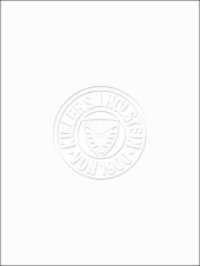Full Description
This work examines Noam Chomsky's widely accepted ontological assumptions, now referred to as "biolinguistics"—and demonstrates that they are internally inconsistent. Notably, it is shown that Chomsky himself has at least once admitted this flaw.
Additionally, the volume challenges a fundamental assumption from Chomsky's 1950s linguistic writings. This is the claim that the grammars of natural languages, particularly of English, must be constructive (proof-theoretic) devices, usually called generative grammars. It is shown that this persistent view cannot in principal account for a multitude of linguistic structures realized as perfectly natural sentences.
Finally, the work scrutinizes Chomsky's frequent assertion that "there is essentially only one language spoken on Earth," revealing it to have no actual substance.
The exposition of these flaws calls for a reassessment of fundamental aspects of generative linguistics.
Contents
Editorial Foreword
1 Introduction
2 The Foundational Admission
1 Background
2 Incoherence
3 Incoherence Highlighted
4 The Admission: 1
5 The Admission: 2
6 The Analyticity Contradiction
7 Biolinguistics vs. Katz's Platonist Conception of Natural Language
8 Natural Language and Knowledge of Natural Language
9 Ethical Issues
10 The Manufacture of Consent
3 Natural Languages Are Not Generative Systems
Part 1: Generative Beginnings
Part 2: Theoretically Ignored Sentences
Part 3: Implications
4 The One Language Claim
1 A Deceptive Claim
2 'Peripheral'/'Minor' Differences
3 Space Alien Scientist Opinion
4 Lack of Good Faith
5 Lack of Motivation
6 Conclusion
5 Conclusion
References
Index








